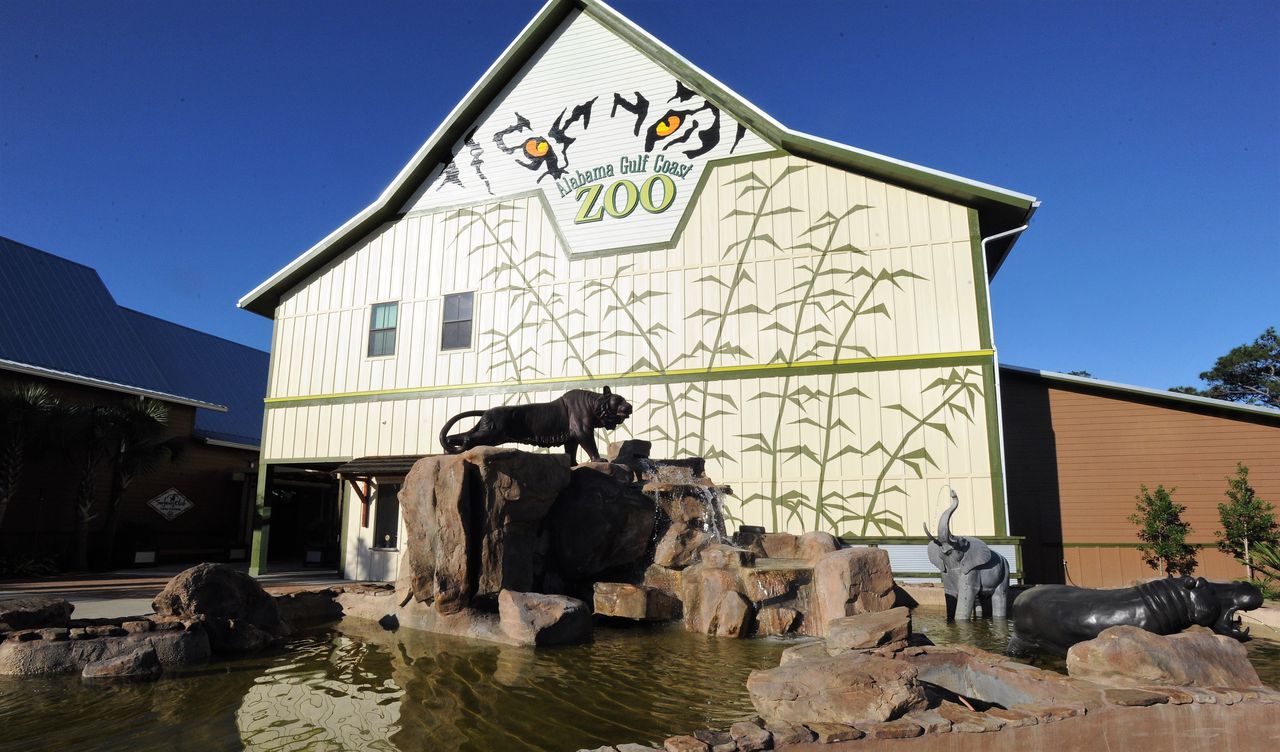Alabama zoo misses loan payment; director confident about strong spring
The Alabama Gulf Coast Zoo is banking on a strong spring season to help recover from a difficult 2022 that led to the zoo to miss one of its escrow payments last month, its director said Friday.
The zoo in Gulf Shores missed a loan payment backing $27.1 million of public finance authority revenue bonds sold in 2018. The repayment goes toward tax-exempt loans that were issued for the construction of the zoo that is located approximately two miles north of the Intracoastal Waterway in Gulf Shores.
The zoo did not make a payment that was due on January 25, according to a notice to bondholders filed by UMB Bank. The lack of payment was first reported by Bloomberg Law.
The zoo opened in 2020, right before the COVID-19 pandemic led to widespread shutdowns nationwide, including Alabama’s beaches during spring break that year.
“This is the first time since the zoo opened and through COVID and all of that, in which we missed a payment,” said Joel Hamilton, the zoo’s director.
He said the zoo was unable to place roughly $180,000 into escrow last month. The Zoo Foundation, he said, places a “certain amount of money into escrow” that is applied toward the bond repayment.
“It’s a cumulative effect of having a tough summer, and we had some extraordinary weather events with the heat in early July and subsequent rains affecting all our outdoor venues,” Hamilton said. “Our visitation was reduced. We went into the fall with less money in the bank.”
Hamilton does not anticipate operational reductions, and is anticipating visitation increasing during the spring months and during Mardi Gras and spring break events that begin next month.
“Typically, March is one the biggest months of the year from a revenue standpoint,” he said.
Hamilton said the brief closure of the zoo’s restaurant in October, which sparked social media speculation about the zoo’s overall future, was unrelated to the current financial issues. He said the restaurant, called the Safari Club, was reopened within “four to five days” due to a management change.
The restaurant, while operating under the same non-profit as the zoo, is a separate entity and is not overseen by Hamilton.
The zoo has been at its current 25-acre site on Oak Road for several years after having been moved from its former location that was vulnerable to hurricane-driven storm surges. Efforts to evacuate animals from the zoo during weather events captured national attention and earned the venue the moniker, ‘the little zoo that could.”
Hamilton said the small zoo still needs community’s support, and he’s hoping coastal Alabama residents will help out.
“Remember, we are a private, non-profit and, as such, we depend on the community for visitation and support,” said Hamilton.
